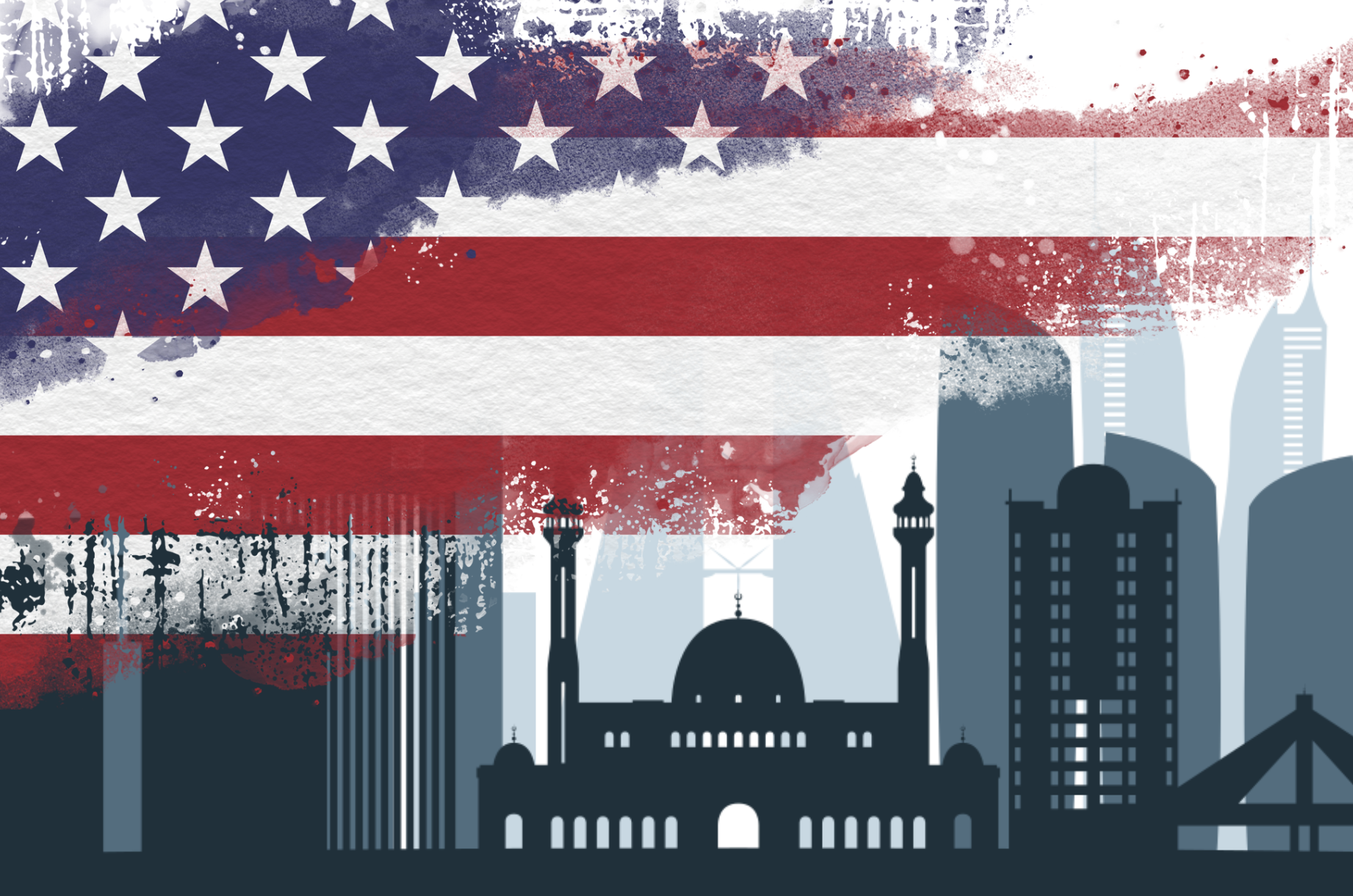After the dual attacks on the Twin Towers and the one on the Pentagon, Americans collectively held their breath. Killing 3,000 Americans, this was the first major attack on American soil after Pearl Harbor in 1941. Years later, citizens still vividly recall the fear, horror, uncertainty of the day.
Reflections of the Attack
“I was a senior in high school. I remember walking into my first period class and sitting down, and we were watching TV and the news coverage when the second plane went into the tower. And so I think what I remember most is shock. And my sister lived in New York and worked.. in the financial district and so it was a very uncertain day.” said United States History Teacher Delise Anderson.
AV Parent Urmila Padmanabhan was a grad student, attending a conference at NASA’s Goddard Space Flight Center in Washington DC. After the attack, she and other attendees spent eight hours squestered into a room as per security protocols. Due to communication issues, people in affected areas were unable to contact their families for hours.
“A big worry for us in that room was what if this is not just it? There were four planes that were hijacked, but what if there’s another attack tomorrow? In India, we lived through waves of bombings, so what if this is more coming?” said Padmanabhan.
Immediately after the attack, people pulled together, forming a united front amidst the panic and suspicion. The Bush Administration responded quickly, launching the War on Terror to counteract terrorism.
“Due to effective U.S.-led counterterrorism, jihadist groups like al-Qaeda and the Islamic State have been devastated… [and] US priorities have changed considerably. Starting with President Obama, the United States has tried to move away from a counterterrorism focus and from the Middle East, with a particular emphasis on countering China,” said Georgetown’s School of Foreign Service Professor Daniel Byman.
Students’ Perception of Foriegn Terrorism
Students today have been born into a post-9/11 world, which has altered their fear of foreign terrorist threat. However, some can pinpoint the effects 9/11 had on their childhood, such as outward racism or fear of persecution.
“I would say 9/11 more so affected my culture and how people view my people, rather than my thoughts on terrorism. For example, my name was supposed to be something else, but then my parents were afraid of calling me that. They were afraid that since 9/11 happened, I would be discriminated [against],” said Rayan Rizvi (‘26).
The government’s response to 9/11 sparked controversy, particularly the decision to invade Iraq. The government portrayed many militaristic actions in the Middle East which were as necessary to the War on Terror. Over the years, the landscape of terrorism threats have changed, shifting citizen’s perceptions of foreign risk and domestic safety.
Students’ Perception of Domestic Terrorism
“We’ve seen a rise in right-wing and white supremacist terrorism in the last 15 years in particular…The biggest threat today regarding terrorism is domestic. This is often doubly hard, both because of the risk it poses to life and property but also because it plays into political divisions — 9/11 was a moment when, for all its horror, Americans came together. A large-scale right- or left-wing attack would probably polarize Americans further,” said Byman.
Domestic terrorism fears remain prevalent amongst students born post–9/11. They recall incidents of political violence such as the January 6th Capitol insurrection, the assasination of Charlie Kirk on Wednesday, and the earlier assasination of two Democratic Minnesota lawmakers.
“I’ve noticed an increasing trend in violence and also this increasing sense of apathy and normalization of violence…I think it just is another reason for young people not give up, and have the courage to stand up for what they believe, and have conviction in their beliefs.” said Riana Das (‘26).




